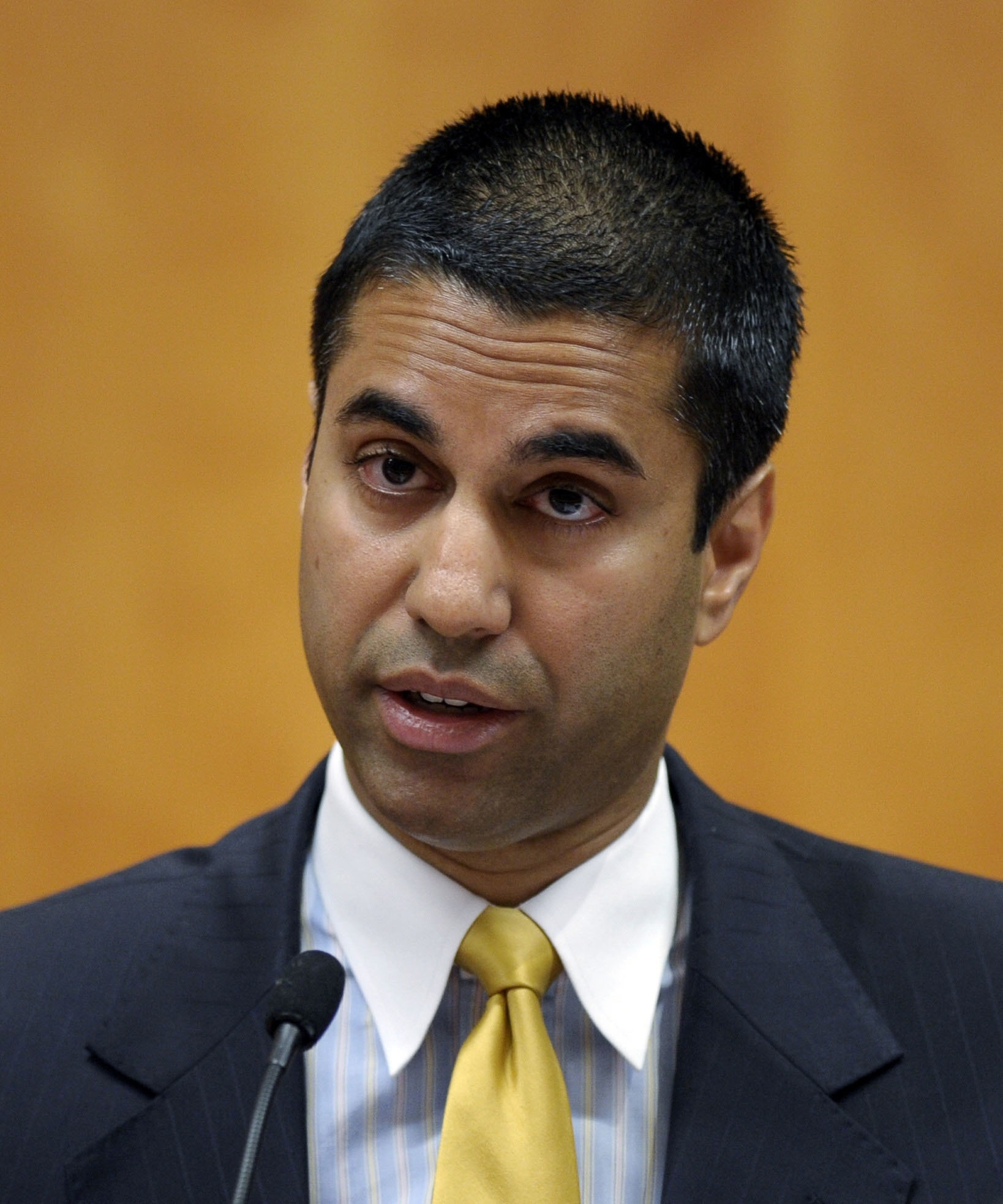With the Federal Communication Commission’s net neutrality rules for internet service providers set to be voted on, and likely reversed next month, critics have slammed the agency’s public commenting process as having been “corrupted” and flooded with more than one million comments that were likely automated by bots and largely in favor of rolling back net neutrality rules.
Consumers have written letters to the FCC and claimed that their names, or addresses were used in comments that they had not written, and some were even listed as having come from people that are deceased, according to the Washington Post.
The public commenting process is in accordance with a law that requires federal agencies accept public comments on proposed rule changes. The FCC intends to repeal the Obama-era net neutrality rules in a meeting on December 14, which critics say will create an unequal internet that favors major telecom companies and provides them with the ability to charge consumers more for certain services.
Data scientist Jeff Kao wrote in a post on Medium that, according to his research, there were at least 1.3 million comments in favor of repealing net neutrality rules.
“It was particularly chilling to see these spam comments all in one place,” Kao wrote. “As they are exactly the type of policy arguments and language you expect to see in industry comments on the proposed repeal, or, these days, in the FCC Commissioner’s own statements lauding the repeal.”
In his finding, Kao wrote, “One pro-repeal spam campaign used mail-merge to disguise 1.3 million comments as unique grassroots submissions.”
“There were likely multiple other campaigns aimed at injecting what may total several million pro-repeal comments into the system,” he added.
Kao tallied duplicate comments and reached a total of “2,955,182 unique comments and their respective duplicate counts.”
The Post elaborated on Kao’s findings:
Using an algorithm to sort out duplicate entries, Kao said he was then able to apply another algorithm to identify the remaining comments that could be considered “unique.” Further analysis revealed that even some of the unique submissions shared common language and syntax, suggesting they weren’t unique at all but perhaps written by a computer program to appear superficially different. In total, Kao estimates more than a million comments, supporting Pai’s effort to repeal net neutrality, may have been faked.
Kao found that several comments contained similar language, for example one comment said, “Citizens, as opposed to Washington bureaucrats, should be empowered to buy whatever products they prefer.”
While another comment said, “Individual citizens, as opposed to Washington bureaucrats, should be able to select whichever services they desire.”
Brian Hart, a spokesperson for the FCC says the agency is not equipped with the resources needed to sift through every single comment, the Post reported. Hart shifted some blame onto those in favor of keeping net neutrality rules in place, and pointed out that 7.5 million comments appeared to come from 45,00 distinct email addresses “all generated by a single fake e-mail generator website.”
He added that there were roughly 400,000 comments in support of the rules that “appeared to originate from a mailing address based in Russia,” the Post reported. However, there is currently no public evidence to back up that claim.
The news surfaces as New York Attorney General Eric Schneiderman directly called out the FCC and raised on Tuesday and raised suspicions about the commenting process, which he compared to “identity theft on a massive scale,” Salon previously reported.
“In today’s digital age, the rules that govern the operation and delivery of internet service to hundreds of millions of Americans are critical to the economic and social well-being of the nation,” Schneiderman wrote in an open letter to FCC Chairman Ajit Pai.
He added, “Yet the process the FCC has employed to consider potentially sweeping alterations to current net neutrality rules has been corrupted by the fraudulent use of Americans’ identities — and the FCC has been unwilling to assist my office in our efforts to investigate this unlawful activity.”
Schneiderman concluded that there was a “submission of enormous numbers of fake comments concerning the possible repeal of net neutrality rules.”
Pai, a former lawyer for Verizon, and the Trump administration have been set on voting to repeal the Obama-era rules that require that websites be treated equally by internet service providers. But major telecom companies such as Verizon, AT&T, Comcast and National Cable & Telecommunications Association (NCTA) have spent at least “$572 million on attempts to influence the FCC and other government agencies since 2008,” according to Maplight.
However, the Dec. 14 vote is still unlikely to change, even as 60 percent of Americans have expressed support for the current net neutrality rules.

